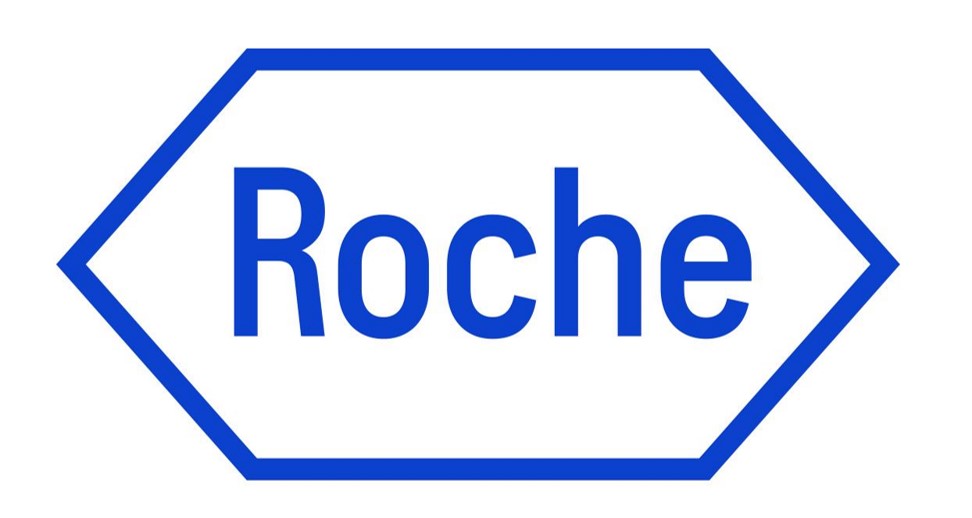
Lymphoma is a blood cancer that targets the lymphatic system, the body’s disease-fighting network[1]. World Lymphoma Awareness Day (WLAD) is observed annually on September 15th. It was initiated in 2004 by the Lymphoma Coalition (www.LymphomaCoalition.org) and its patient group members. WLAD is an important calendar date for raising awareness, mobilizing support, and raising funds to combat the threat of lymphoma[2].
The robust “We Can’t Wait” is the WLAD slogan for 2022 and emphasizes the urgent need to improve the way lymphoma is diagnosed, treated and tracked[3]. This year will also highlight the myriad ways in which the Covid-19 pandemic has impacted people living with lymphoma. “These include delayed access to treatment and care, hesitation in seeking medical care, delays in diagnosis, and increased psychological distress for people living with lymphoma and their caregivers.”[4]explains Dr. Kgothasso Motumi, Head of Market Access and Public Policy at Roche Pharma South Africa
Lymphoma is the most common blood cancer
According to EA Rogena’s 2011 published article on trends in lymphoma in Africa’s equatorial belt, “Lymphoma represents one of the most common cancers in Africa[5] and approximately 30,000 non-Hodgkin’s lymphomas occur in this region each year, and these tumors are among the top ten cancers in this geographic region[6]“.
The 2019 National Cancer Registry (NCR) report, the most recently released official statistic, ranks NHL as the fourth most commonly reported invasive cancer affecting South Africans[7], highlighting the seriousness of this disease. Hodgkin’s lymphoma (HL), formerly called Hodgkin’s disease, and non-Hodgkin’s lymphoma (NHL) are two of the main categories that lymphomas fall under[8].
There are more than 60 NHL subtypes, although some are fairly rare[9]. Ongoing research is providing a deeper understanding of the different types of lymphoma, but knowledge gaps remain. Improved tracking and monitoring of subtypes will provide more insight into disease prevalence and outcomes to further improve patient care.2
“Roche will continue to address unmet medical needs through excellence in science and the development of medicines and diagnostics that help patients live longer and better lives. The ability to hear directly from people living with lymphoma reminds us at Roche to continually prioritize the individual and underscores the importance of holistic care,” adds Dr. Motumi added.
Signs and symptoms of lymphoma
Early detection of cancer is one of the most crucial factors that help increase the chances of successful treatment. Early detection and screening are the two components of early cancer detection[10]. What adds to the threat of lymphoma is that there are currently no screening tests for the disease[11].
“Another challenge is that patients tend to overlook their symptoms, as lymphoma symptoms are also associated with common illnesses such as the flu or viral infections, and many are reluctant to see a doctor11. “People who experience any of these symptoms persistently should see a doctor,” urges Dr. motumi
Common signs and symptoms are:11
- Swelling of the lymph nodes, often painless
- chills or temperature changes
- recurrent fever
- Excessive sweating, often at night
- Unexplained weight loss
- loss of appetite
- Persistent tiredness and lack of energy
- shortness of breath and cough
- Persistent itching all over the body with no apparent cause or rash
- General fatigue
- Enlarged tonsils
- headache
“Not only is it critical to raise awareness of the disease, but also to highlight the needs of the lymphoma community to ensure the best treatment and outcomes for patients and continued advances through research.
“We value collaborating with patient groups who generously offer their experience, expertise and perspective as we work together to improve the lives of patients in communities in dire need of cancer health services across Africa,” concludes Dr . motumi
[1] Available at https://mayocl.in/3RLqwfh Last accessed September 2022
[2] Available at https://bit.ly/3Dsnhow. Last accessed September 2022
[3] Available at https://bit.ly/3dguHAF Last accessed Sept 2022
[4] Available at https://bit.ly/3dkJI4n Last accessed September 2022
[5] Rogena E et al. Hematological Oncology. 2011 29(3):111-5. Available at https://bit.ly/3LgpYeN Last accessed September 2022
[6] Rogena E et al. Hematological Oncology. 2011 29(3):111-5. Available at https://bit.ly/3eRQLlH . Last accessed September 2022
[7] Available at https://bit.ly/3xq5jPW Last accessed September 2022
[8] Available at https://bit.ly/3qEf60K Last accessed September 2022
[9] Available at https://bit.ly/2BcIYaG Last accessed Sept 202
[10]Available at https://bit.ly/3qBVR8l. Last accessed September 2022
[11] Available at https://bit.ly/3Ds0tFr Last accessed September 2022
Distributed by APO Group on behalf of Roche.
About Roche:
Founded in Basel, Switzerland, in 1896 as one of the first industrial manufacturers of branded pharmaceuticals, Roche has grown into the world’s largest biotechnology company and world market leader in in vitro diagnostics. The company strives for scientific excellence to discover and develop medicines and diagnostics to improve and save the lives of people around the world. We are a pioneer in personalized healthcare and aim to continue transforming the way healthcare is delivered to make an even bigger impact. To provide the best care for everyone, we work with many stakeholders, combining our strengths in diagnostics and pharmacy with data insights from clinical practice.
In recognition of our commitment to taking a long-term perspective in everything we do, Roche has been named one of the most sustainable companies in the pharmaceutical industry by the Dow Jones Sustainability Indices for the thirteenth consecutive year. This award also reflects our efforts to improve access to healthcare together with local partners in every country where we operate.
Genentech in the United States is a wholly owned member of the Roche Group. Roche is the majority shareholder of Chugai Pharmaceutical, Japan.
Visit www.roche.com for more information.
#Learn #blood #cancers #Lymphoma #Awareness #Month


Leave a Comment